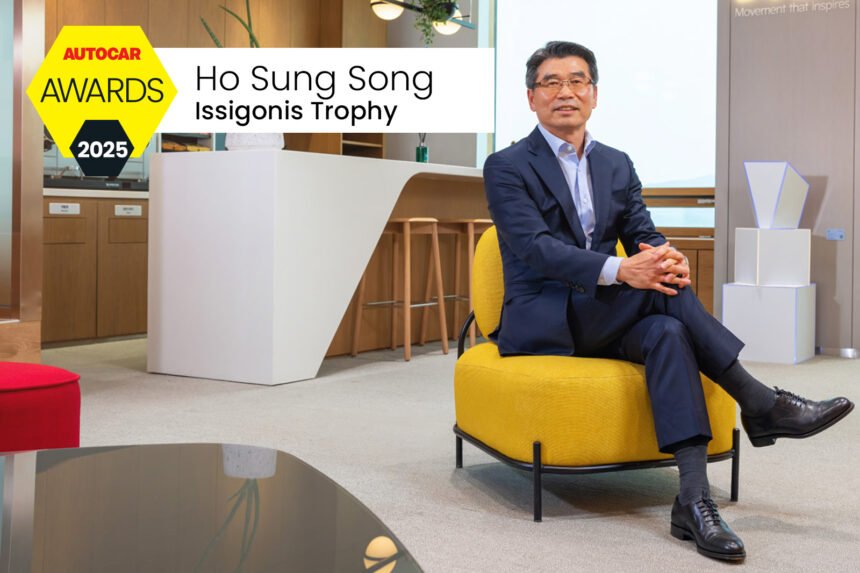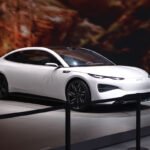Kia’s Customer-Centric Approach and Environmental Focus
At Kia, there has been a significant shift in corporate culture under the leadership of CEO Song. With a laser focus on people, Song has instilled a “kind of code of conduct” that all employees now follow. This customer-centric approach has become the cornerstone of Kia’s operations, guiding every decision made within the company.
Following a comprehensive year-long analysis of the company, Song revamped what it means to work for Kia, ensuring that the customer is at the forefront of every aspect of the business. This dedication to customer satisfaction has transformed Kia into a truly customer-centric organization.
During our time in Korea with Song and other key Kia executives, including Ted Lee, Karim Habib, and Manfred Harrer, it became evident that Kia’s operations are driven by this customer-focused philosophy. It is not just a buzzword but a guiding principle that influences all aspects of the company’s operations.
According to Song, customer focus is the primary philosophy driving Kia’s total transformation. In addition to this, Kia is also committed to becoming environmentally friendly, not just through the production of zero-emission electric vehicles but also in its manufacturing processes and vehicle development.
One of the most notable projects that exemplifies Kia’s commitment to innovation is the PBV (Platform Beyond Vehicle) initiative. This project, centered around a scalable EV skateboard architecture, will soon introduce the PV5, an electric van designed to rival the Ford Transit Connect.
Unlike its competitors, Kia’s electric vans will leverage the benefits of electric power and packaging to deliver a superior product. What sets Kia apart is its in-house manufacturing process, where vans are modified directly on the production line rather than being sent to external modifiers. This unique approach not only streamlines the production process but also reduces waste and inefficiencies.
Kia has established a new facility at its Hwaseong plant in South Korea to produce the PV5, showcasing the company’s commitment to sustainable and innovative manufacturing practices.







